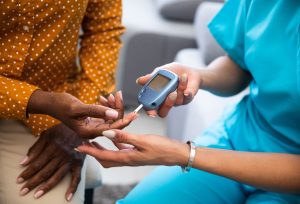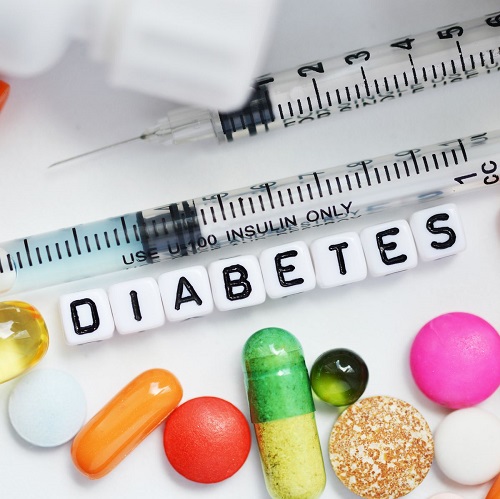Health experts say children are now at risk of diabetes. Chief Medical Director (CMD) Solomon Jayden Medical Centre, Dr. Akin Oyejoko sheds light on this and why diabetes is a major cause for concern. Leading Platforms Africa e-Discourse, he answers questions, including who is more at risk between male and female. Excerpts;
What is diabetes mellitus?
Diabetes mellitus is a chronic metabolic disorder characterized by elevated blood glucose levels, either due to inadequate insulin production, ineffective use of insulin, or a combination of both. Insulin, produced by the pancreas, is a hormone that regulates blood sugar. People with DM usually notices three main symptoms poly dypsia ( increased thirst) ,polyphagia (increased hunger) polyuria (increased urine production) . It is a disease that affect almost all organs and parts of the body. Hence doctors refer to diabetes mellitus as a complete disease. In medical school they say’ know diabetes and all other diseases will be added unto thee’.
Why should Africans be worried about this condition?
Diabetes is a global health concern, including in Africa. Factors such as changing lifestyles, urbanization, and a genetic predisposition contribute to the rising prevalence of diabetes in many African countries. It’s crucial to address this issue due to its impact on health and well-being. The biggest weapon used by this diseases is deception. this is through misconceptions, superstitions and religious misinterpretations .Because of our poor research culture, the habit of not facing what is our problem and lack of public enlightenment in Africa, our knowledge of this disease low generally. Many of our people still believe the disease is supernatural, some think that controlling the blood sugar alone with herbs can control the disease.
Diabetes is a chronic disease and the financial burden of the disease( the cost of care, cost of recurrent hospital visits, the cost of drugs , cost of laboratory tests and treatment of complications can be very difficult to bear for most African families. This is compounded by the lack of health insurance systems in many African societies.

Also diabetes mellitus can be very incapacitating. It can cause blindness, stroke, limb amputations, muscle wasting, chronic pains and erectile dysfunction. All these can reduce a person’s earning capacity even though he now needs more money to take care of the disease.
Is it common in females than male? Why?
The prevalence of diabetes is generally similar in males and females. However, some studies suggest that certain types of diabetes, like gestational diabetes, can be more common in females. The risk factors and presentation may vary between genders.
Are children safe from this condition?
While diabetes is more commonly diagnosed in adults, children can also develop diabetes. Type 1 diabetes, an autoimmune condition, often begins in childhood or adolescence. The prevalence of type 2 diabetes, associated with lifestyle factors, is increasing in children.
What are the early signs or symptoms?
Common symptoms include increased thirst, frequent urination, unexplained weight loss, fatigue, blurred vision, and slow wound healing. However, some people with diabetes may not exhibit obvious symptoms.
So, what happens to those who do not show obvious symptoms?
These ones are usually diagnosed after some complications have occurred.
Is it hereditary? Can someone whose linage has no history of diabetes suffer it?
Genetics can play a role in diabetes risk, but lifestyle factors also contribute. Even individuals without a family history can develop diabetes, especially if exposed to risk factors like poor diet and lack of physical activity.
Can it cured or managed?
While there’s no cure for diabetes, it can be effectively managed. Treatment often involves lifestyle modifications, medication (including insulin), and regular monitoring of blood glucose levels.
What should someone who has not suffered it do as a preventive measure?
Management involves lifestyle changes, medication adherence, regular monitoring of blood glucose levels, and working closely with healthcare professionals. Education about the condition, support from healthcare providers, and a strong support system are crucial for successful management.
How can someone suffering it overcome?
Prevention strategies include maintaining a healthy diet, engaging in regular physical activity, avoiding tobacco, and managing stress. Regular health check-ups are essential for early detection of risk factors.




